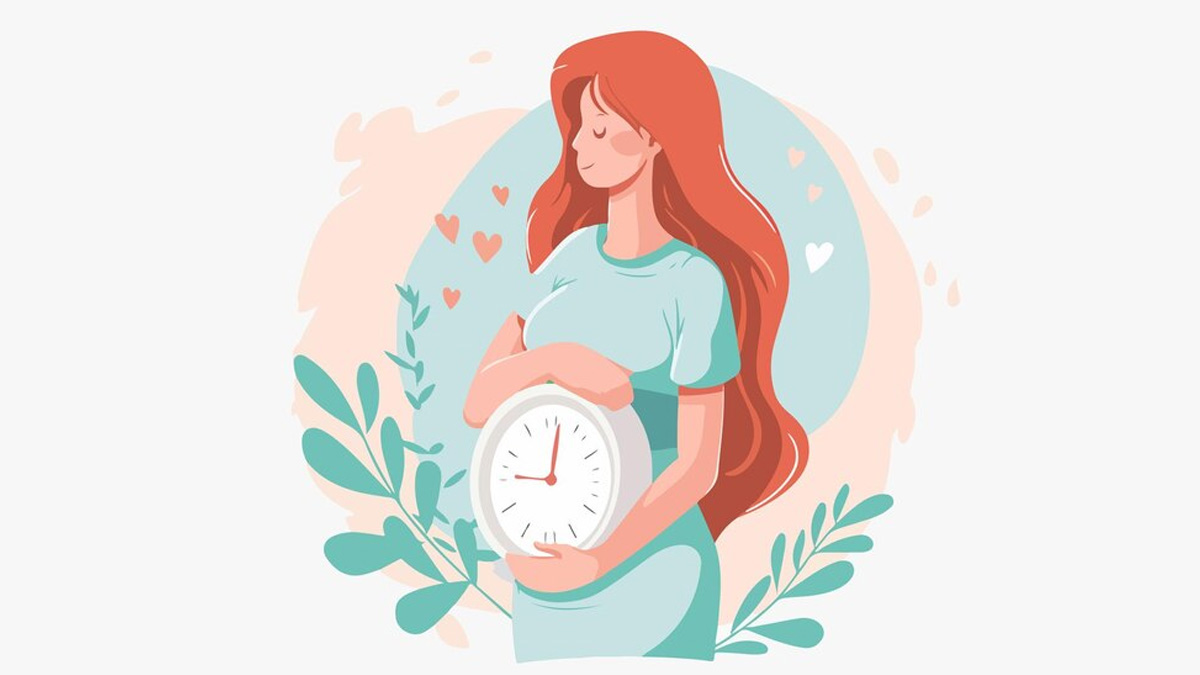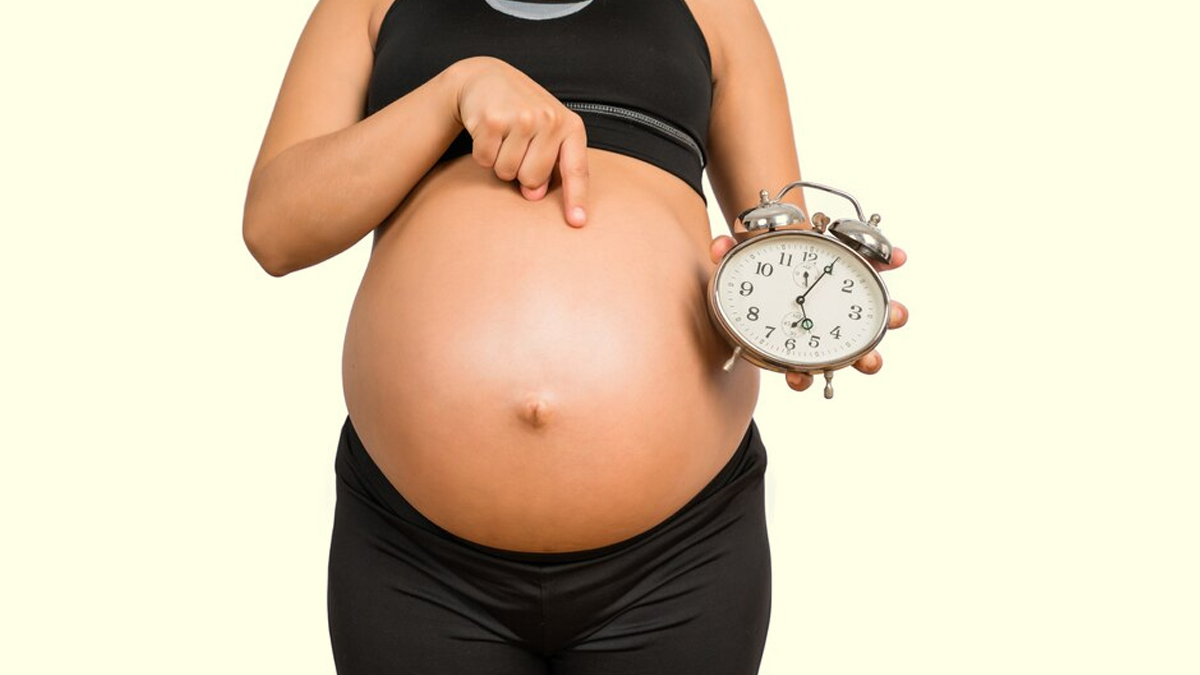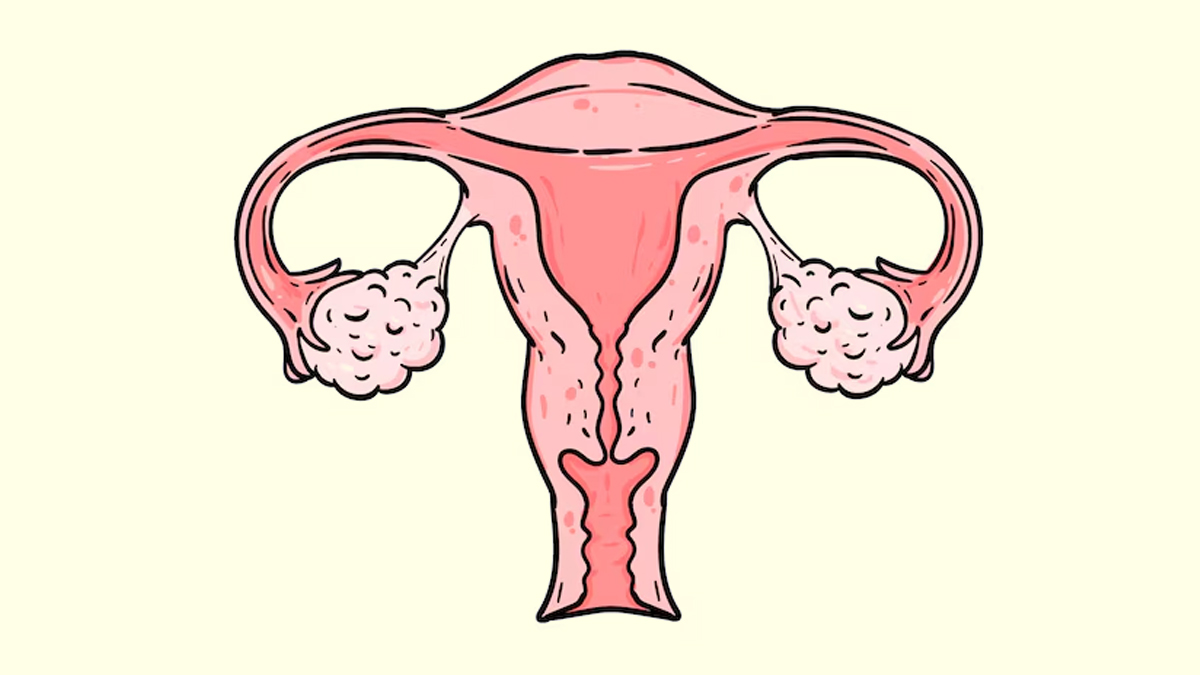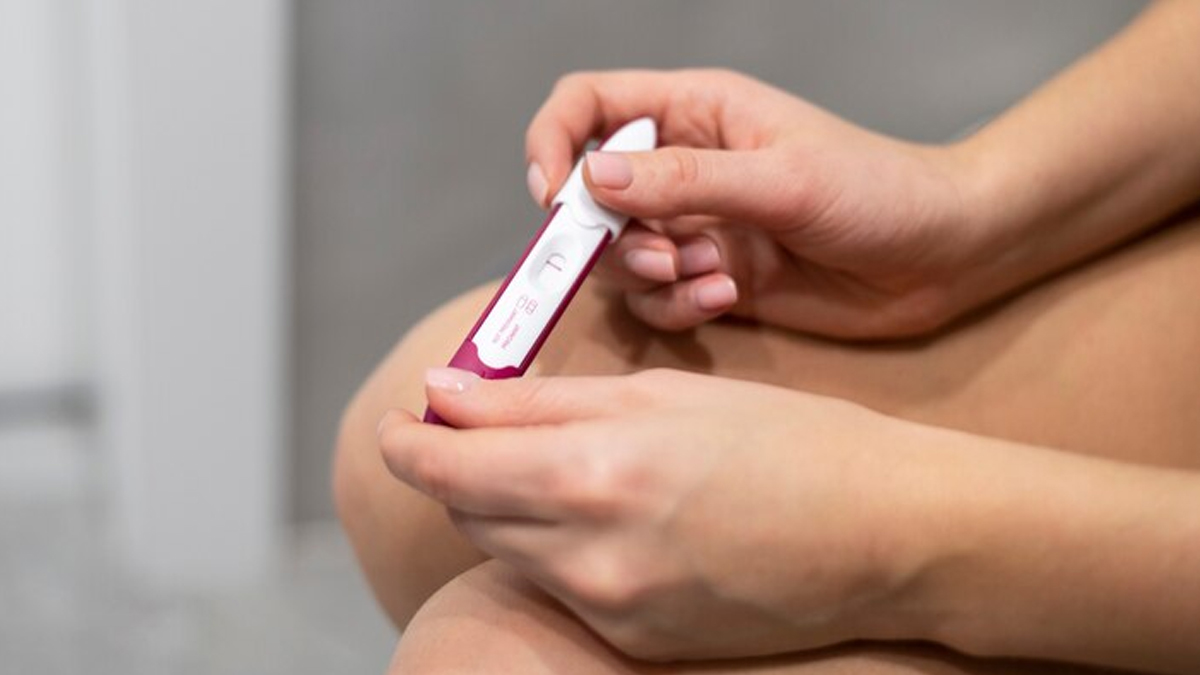
In a world driven by intense competition, women today juggle countless responsibilities—from building successful careers and marrying at the ‘right age’ to maintaining their health and striking the delicate work-life balance. Add to this the growing pressures of anxiety, stress, and a ferocious hustle culture, and there’s hardly any time to pause, think, take a break, and plan for motherhood, and even if they plan, the pressure of added responsibilities of the child along with work stresses many out. With the rise of conditions like PCOD and PCOS, the journey to having a baby has become even more challenging for many. And amidst it all, the faster than ever ticking biological clock intensifies the pressure. But is this biological clock real? And when is the best time to start thinking about having kids?
Table of Content:-
To understand biological clock in women, right time to plan for a baby and when is it too late to plan, OnlyMyHealth team interacted with Dr Sukirti Jain, Consultant — Obstetrics and Gynaecology, Cloudnine Group Of Hospitals, Vashi, Navi Mumbai.
According to Dr Sukriti Jain, “The concept of the "biological clock" refers to the natural timeline of fertility in women, governed by age and reproductive health.” It is widely understood that women are born with a finite number of eggs, which gradually decrease in both quantity and quality over time. For women who want to conceive, understanding the workings of their biological clock is essential to making informed family planning decisions.
The Fertility Timeline

In your 20s: The Optimal Time for Conception
The 20s are often regarded as the prime reproductive years for women. Dr Jain said, “During this period, the body is most fertile, and the number and quality of eggs are at their peak. Women in their 20s also tend to have fewer complications during pregnancy, such as high blood pressure, diabetes, or miscarriage.” Research suggests that the chances of conceiving within a year of trying are about 25-30% per menstrual cycle for women in this age group.
However, many women in their 20s are focused on education, careers, or finding the right partner, which may delay the decision to start a family. It’s important to know that while fertility is optimal in the 20s, this is not the only window for conceiving.
In your 30s: Fertility Declines Gradually

As women enter their 30s, fertility begins to decline slowly. “By the age of 35, the rate of decline becomes more noticeable, with both egg quantity and quality decreasing more rapidly. While many women in their early 30s still have a good chance of conceiving naturally, by the time they reach their mid to late 30s, fertility challenges can become more prominent,” Dr Jain said.
From the age of 35 onwards, Dr Jain said that there is a slight increase in the risk of miscarriage and complications such as gestational diabetes and hypertension. The chances of genetic abnormalities in the baby, such as Down syndrome, also increase with age.
Despite these challenges, many women successfully conceive in their 30s, particularly with the advancements in fertility treatments, such as in vitro fertilization (IVF). If you’re in your early to mid-30s and thinking of delaying pregnancy, it might be worthwhile to consult a doctor to assess your fertility health or explore options like egg freezing.
Also read: Why Should Men Watch Their Biological Clock?

In your 40s: Is It Too Late?
By the time a woman reaches her 40s, fertility declines significantly. “The chances of conceiving naturally after the age of 40 drop to around 5% per menstrual cycle, and the quality of eggs is much lower, increasing the risk of miscarriage and complications during pregnancy,” Dr Jain notes.
Furthermore, she said, “It is still possible to conceive in your 40s, but it often requires assisted reproductive technologies (ART) such as IVF, egg donation, or surrogacy.” Women who wish to conceive at this stage should consult with a fertility specialist early on to understand their options and potential challenges.
When is it "Too Late"?

There is no universal "too late" for all women, as fertility can vary widely based on genetics, lifestyle, and overall health. However, most doctors agree that the chances of conceiving naturally decline significantly by the mid-40s due to the depletion of viable eggs. “Menopause, which typically begins between the ages of 45 and 55, marks the end of a woman’s reproductive years. While pregnancy is still possible in the perimenopausal phase (the transition leading up to menopause), the likelihood of natural conception is low,” Dr Jain explained.
Advising, she said, “For women who have not yet started a family and are approaching their mid-30s or early 40s, it’s crucial to have regular fertility checkups. Techniques like egg freezing in your 30s or early 40s can offer a way to preserve fertility if you're not ready to conceive yet.”
Also read: Why Is There A Surge In Egg Freezing Among Career-driven Young Women?
Consulting a Doctor Early
Understanding your biological clock is vital for family planning. Women in their 30s or older should seek advice from an OB-GYN or a fertility specialist to assess their ovarian reserve, which provides insights into how many viable eggs remain. Dr Jain suggested, “Blood tests like Anti-Mullerian Hormone (AMH) levels and antral follicle counts can give valuable information about fertility potential.”
While there is no “perfect” time to have a baby, the best approach is to be informed about your reproductive health. For some women, early planning or fertility preservation might be necessary, while others may be able to conceive naturally later in life. By understanding your body’s timeline and working with medical professionals, you can make the right decisions for your family planning journey.
Also watch this video
How we keep this article up to date:
We work with experts and keep a close eye on the latest in health and wellness. Whenever there is a new research or helpful information, we update our articles with accurate and useful advice.
Current Version